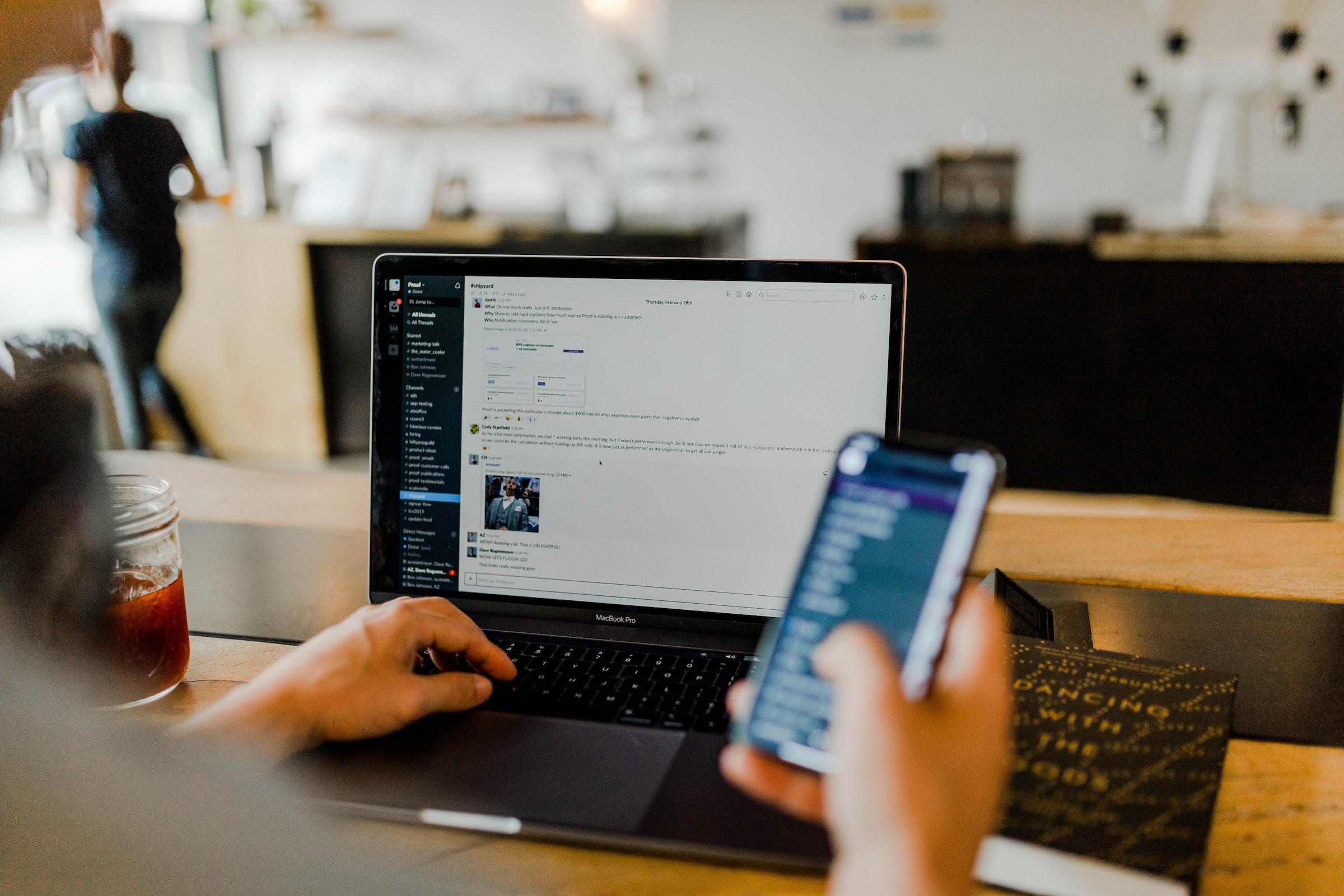


#Digital Minimalism #reduce #Screentime #Social Media #Unplug
Alidia Vane
In today’s digitally saturated world, social media consumption often feels obligatory. However, despite its prevalence, and its benefits in keeping us connected, there are downsides to social media use. Social media platforms are built to be highly addictive, and they can also have negative impacts on users’ confidence and self-esteem. Reducing social media usage, or even quitting it cold-turkey, can have tangible benefits for both your personal well-being and the well-being of our environment. By spending less time on social media, you’ll decrease your energy usage, leading to a smaller carbon footprint as well as reduced energy bills. In addition, social media often encourages increased consumption/purchasing, so reducing social media use can also have positive impacts on one’s consumption habits. Check out the “Definition” link below for more information regarding the environmental impact of our social media usage habits.
One source of inspiration in this regard is the concept of digital minimalism, as outlined by Cal Newport. Digital minimalism encourages us to investigate the value of digital communication tools and how we use them in our lives. In this way, digital minimalism isn’t about disconnecting from technology altogether, but rather about intentionally curating our digital lives to support what truly matters. Newport’s work outlines many techniques for intentionally designing ones’ online life, including prioritizing meaningful engagement over mindless scrolling. For example, instead of scrolling through random content, you could choose to intentionally engage with and signal boost nonprofits whose missions you support. You can learn more about Digital Minimalism at Cal Newport’s blog, at the “Action” link below.